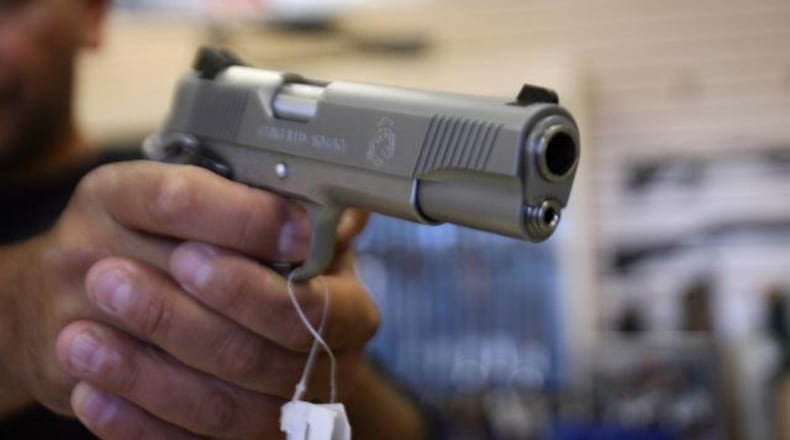RELATED: 3-D gun debate: Ohio AG DeWine says ‘it is legal to make a gun’
Twenty years later, police in Hamilton County investigating a report of shots fired near Carnes’ home found DNA evidence on a gun linked to Carnes. He was charged with aggravated menacing and having a weapon under a disability — the basis for the disability charge was his juvenile conviction.
Carnes argued at trial that the disability charge should be dismissed, given he was not represented by an attorney in juvenile court in 1994. The trial court denied his request and he was convicted and sentenced to 30 months in prison. Carnes lost his subsequent appeal and again at the Supreme Court.
The Supreme Court opinion noted that the weapons-under-disability law specifically states that people convicted or adjudicated as a juvenile of felony offenses or certain other offenses can be barred from carrying a firearm.
Supreme Court Chief Justice Maureen O’Connor dissented from the majority, saying that if an offense is serious enough, a juvenile can be tried in adult court. O’Connor said it’s “profoundly unfair” to have a juvenile act follow someone into adulthood without any time limit.
About the Author

